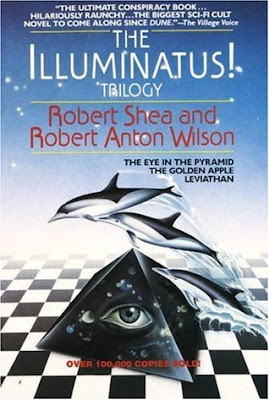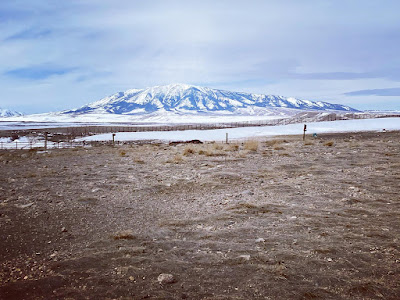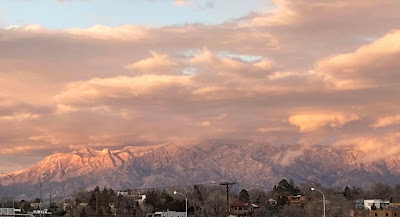The Long Walk is powerful, engrossing stuff, up there with Pet Sematary in Stephen King's literary explorations of death. I'm glad I finally got to it in my low-key plan to read all of King's novels, and it may be favorite so far of the Bachman books originally published under the pseudonym Richard Bachman.
Like King himself, I take a walk almost every day (although never a "Long Walk" thankfully!). I did an experiment while reading this book: I walked one mile in 15 minutes to get a sense of how fast the characters have to walk (four miles per hour). It's a somewhat brisk pace that only deepened my sense of the stark horror of the novel. Or maybe the real horror is that, much as we try to ignore death or make it an object of entertainment (like the Crowd and King himself to some extent), we're all moving briskly toward death.
Carrie was King's first published novel, but this may be the first novel he wrote; he started it in the late 1960's, and it was published as a Bachman book in 1979. It's the work of a somewhat less polished, less mature writer (some of the prose early on feels a bit more clunky than King's later work), but King's brilliance is still there, as is his honest, unflinching look into the darker corners of human experience.
In a future dystopian America, complete with military dictatorship and Squads that disappear unruly citizens, a contest is held every year called The Long Walk. One hundred teenage boys begin walking at the US-Canada border in Maine, and they don't stop until all but one are dead. If they walk below four miles-per-hour (a brisk pace as my personal experiment attests), they are given a warning. After three warnings, they are summarily shot by soldiers. The winner (i.e., survivor) receives a large sum of money and a Prize of his choice. (Remember: this was written decades before The Hunger Games!)
The science fiction nerd in me wanted a little more information about how we got to dystopia and the history of the Long Walk, but given what happens when Stephen King tries to do info-heavy science fiction (The Tommyknockers, Under the Dome, etc.), maybe it's best some of this is unexplained.
Where King shines, as usual, are his characters and engrossing the reader. We have, in effect, a moving small town in Maine, and the boys are all the types of characters you'd expect from King (one is even wearing a chambray work shirt). There's the main character, Garraty, an all-American, if slightly nerdy, protagonist (perhaps like a young Stephen King), the wise-cracking McVries, the good-natured Scramm, the stoic Stebbins, the cruel Barkovitch, and several more, each more complex than I've explained (but not too many: thankfully King didn't try to introduce all 100 boys!).
I think for me what sets this one above King's other Bachman dystopia (The Running Man) is a more likable protagonist and a wider cast of characters; I cared about these characters and was engrossed in their experience, horrific though I knew it would be for all of them.
And this guides the reader into the deeper themes of the novel. One way to read this novel would be a commentary on the war in Vietnam, which was raging as King started writing the novel and ended not long before it was published. The young men are literally marching toward their deaths after being chosen by the state; nobody is sure why, but everybody is celebrating along the sides of the roads.
But even more deeply, aren't we all on a long walk of sorts? We all know what the destination will be even if we don't know precisely how or when we will arrive. Like the Crowd, we try to take our minds off it, or even make it a form of gruesome entertainment, but the walk goes on nonetheless. King includes a bit of existential dread among the boys here and there just in case you didn't get it, but it's never overbearing (existential, yes, but he's not quite Sartre or de Beauvoir).
You could read this as an engrossing tale of an imaginary dystopia, or you could read it as that and something deeper at the same time. I think King's ability to work so well at multiple levels, of which The Long Walk is maybe the best early example, is a big part of why Stephen King has been successful for almost 50 years.
See also my Goodreads review.










































